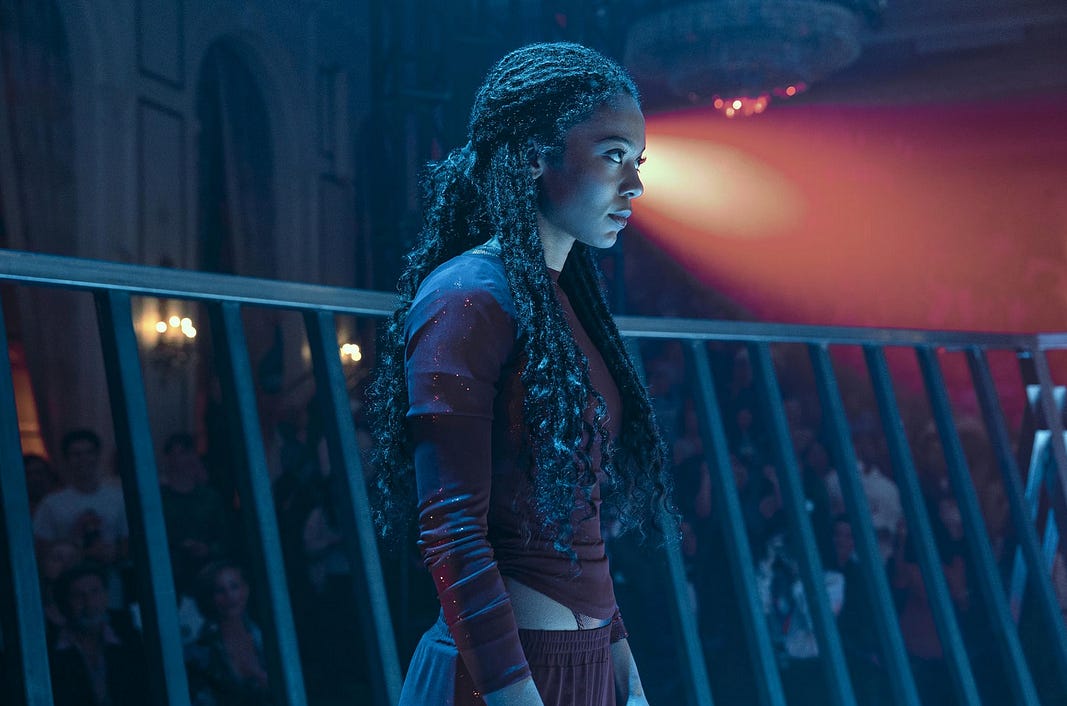‘Gen V’ Proves That There’s Still Life in the Superhero Genre
The “Vought Cinematic Universe” continues expanding in this delightfully abrasive spinoff of ‘The Boys’
It may be a controversial admission in 2025, but I still enjoy superhero movies. Of course, I can’t confess that without offering some context. I’m aware of their flaws. Since Marvel’s Infinity War saga (and well before it, if we’re being honest), the world of superheroes has grown into something deeply c…
Keep reading with a 7-day free trial
Subscribe to The Gen Z Report to keep reading this post and get 7 days of free access to the full post archives.


